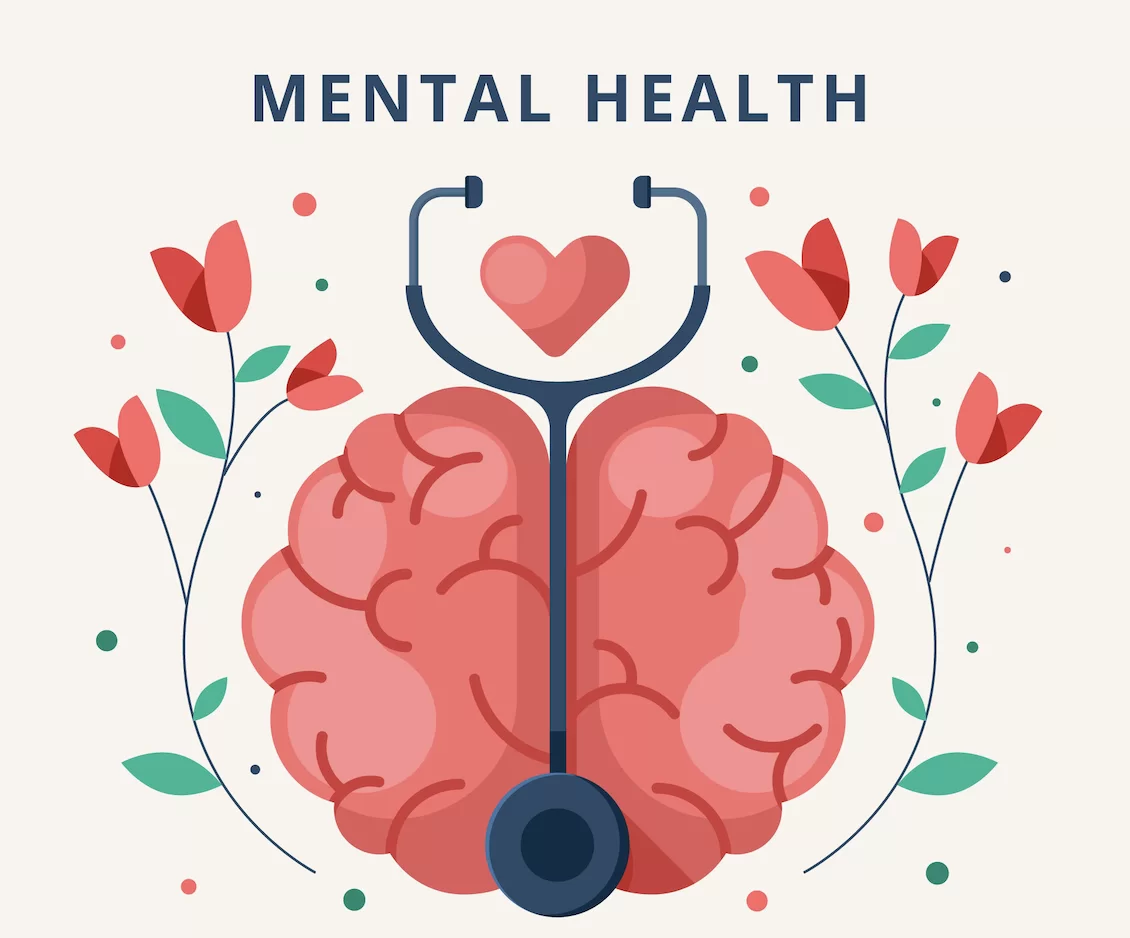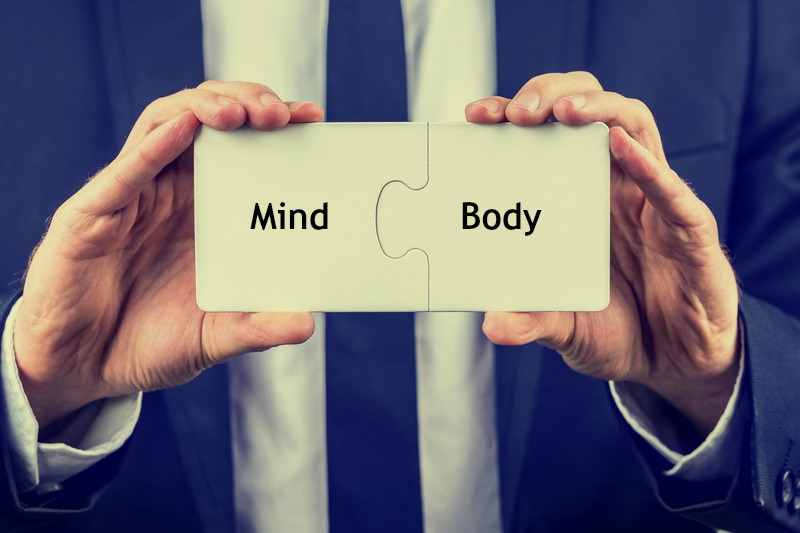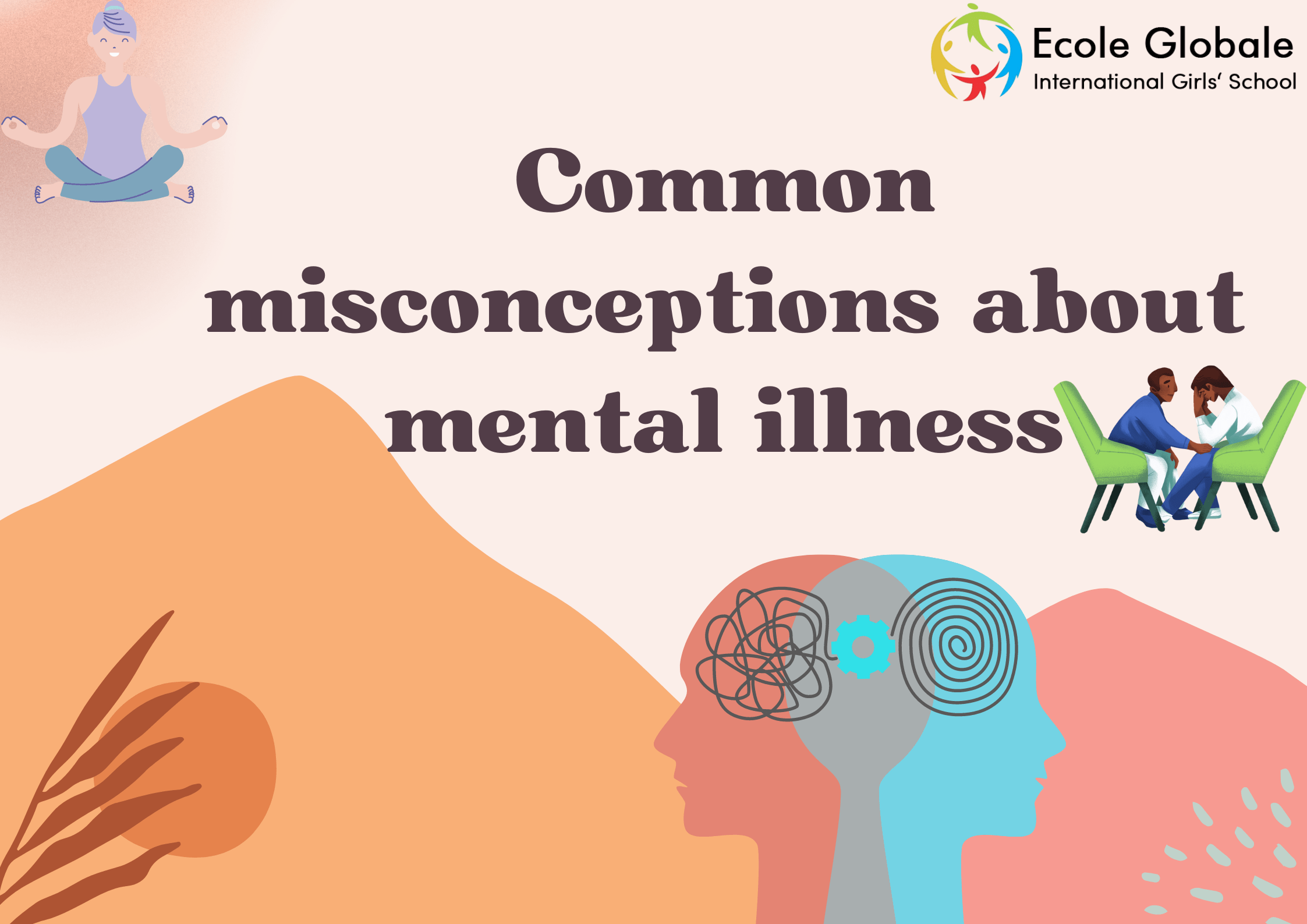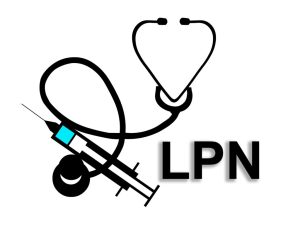
Mental health – a term that is increasingly gaining attention and importance in today’s society. But what does it really mean? Beyond the buzzwords and headlines, mental health encompasses our emotional, psychological, and social well-being. It affects how we think, feel, and act on a daily basis, shaping our ability to cope with stressors, build relationships, and make decisions. Just like physical health, mental health is a crucial aspect of overall well-being that deserves understanding and care. In this article, we will delve into the intricacies of mental health to shed light on its significance in our lives.
Understanding The Connection Between Mind And Body

The connection between the mind and body is a fascinating subject that has been explored by researchers, philosophers, and spiritual leaders for centuries. While they may seem like separate entities, the mind and body are intricately intertwined, with each influencing the other in profound ways.
Increasing evidence from scientific studies suggests that our mental state can have a direct impact on our physical well-being. For example, chronic stress or anxiety can manifest as physical symptoms such as headaches, stomachaches, or muscle tension. Similarly, unresolved emotional trauma can lead to long-term health issues like high blood pressure or weakened immune function.
On the flip side, taking care of our bodies through healthy habits such as regular exercise and proper nutrition can have positive effects on our mental well-being. Physical activity releases endorphins – feel-good hormones – that boost mood and reduce symptoms of depression. Eating a balanced diet rich in nutrients helps provide essential building blocks for brain function and supports optimal mental performance.
Common Misconceptions About Mental Health

- One common misconception about mental health is that it only affects certain individuals. The truth is, that mental health issues can impact anyone regardless of age, gender, or background. Mental health does not discriminate and it is important to remember that everyone is susceptible to experiencing challenges with their mental well-being. By understanding this misconception, we can develop a greater sense of empathy and support for those who may be struggling.
- Another misconception surrounding mental health is that people with mental illnesses are dangerous or violent. This couldn’t be further from the truth. In fact, individuals with mental health conditions are more likely to be victims of violence themselves than to perpetrate it. It is crucial to separate the stigma associated with mental illness from the realities of these conditions in order to provide appropriate care and support for those affected.
By debunking common misconceptions about mental health, we can start breaking down barriers and fostering a greater understanding and acceptance within society. Education plays a vital role in dismantling stigmas and promoting overall well-being for all individuals, regardless of their mental health status. Let’s work together to create an inclusive environment where everyone feels comfortable seeking help and support they may need.
Factors That Contribute To Mental Health Issues
When it comes to mental health issues, there are a multitude of factors that can contribute to their development.
- One crucial factor is genetics. Scientific research has highlighted the role of genetic predisposition in various mental health disorders, such as depression and anxiety. While genes alone do not determine our mental well-being, they can increase vulnerability to certain conditions.
- Another significant factor is early life experiences. Traumatic events in childhood, such as abuse or neglect, can have long-lasting effects on an individual’s mental health. Adverse childhood experiences (ACEs) have been shown to increase the risk of developing conditions like post-traumatic stress disorder (PTSD) and borderline personality disorder later in life.
- Socioeconomic status also plays a pivotal role. People from lower socioeconomic backgrounds often face more stressors related to financial instability, reduced access to healthcare services, and limited educational opportunities. These stressors can contribute significantly to the development of mental health issues such as depression and substance abuse.
Overall, understanding the various factors that contribute to mental health issues is crucial for effective prevention and treatment strategies. By addressing these underlying causes, we can work towards creating a society where good mental well-being is valued and prioritized for all individuals.
Signs And Symptoms Of Poor Mental Health

Poor mental health is a complex issue that can manifest itself in various ways.
- One of the most common signs is persistent feelings of sadness, emptiness, or hopelessness. People with poor mental health often experience a lack of energy or motivation and may withdraw from social interactions. They may also have difficulty concentrating, making decisions, or completing tasks. Physical symptoms such as headaches, stomachaches, or unexplained aches and pains are also common indicators.
- Another key sign of poor mental health is changes in appetite and sleep patterns. Some individuals may experience weight gain or loss due to emotional overeating or loss of appetite caused by anxiety or depression. Similarly, disrupted sleep could be a result of racing thoughts or an inability to relax due to excessive worry. These variations can further exacerbate the individual’s emotional state and contribute to a downward spiral.
Recognizing these signs can help individuals seek appropriate support and intervention before their mental health deteriorates further. It is crucial for society as a whole to understand that poor mental health is not just an abstract concept but has real consequences for individuals’ well-being.
Seeking Help And Support For Mental Health Issues
Seeking help and support for mental health issues is a crucial step towards healing and recovery. However, it can often be daunting to admit that we are struggling and need assistance. We may fear being judged or misunderstood by others, which can lead to feelings of shame or guilt. It’s important to remember that seeking help is not a sign of weakness but rather an act of self-care and strength.
- One fresh perspective on seeking help is the importance of finding the right support system. While friends and family may offer love and well-meaning advice, professional guidance from a therapist or counselor can provide specialized knowledge and techniques tailored to your specific needs. The non-judgmental space that therapy provides allows you to explore your emotions in a safe environment, without fear of being invalidated or criticized.
- Additionally, finding support in others who have experienced similar struggles can also be beneficial. Online communities such as forums or support groups offer a platform where individuals can share their stories, seek advice, or simply find solace in knowing they are not alone. Connecting with those who understand firsthand what you’re going through can foster empathy, and validation, and even provide practical suggestions for coping mechanisms.
Conclusion:
In conclusion, promoting awareness and destigmatizing mental health should be a top priority for society. By fostering open conversations, sharing personal experiences, and providing education, we can create a more accepting culture around mental health. It is crucial to recognize that mental illnesses are not character flaws or weaknesses; they are medical conditions that require support and treatment.
One way to promote awareness is through media representation. Television shows, movies, and books that accurately depict various mental health issues can significantly reduce the stigma surrounding them. When people see accurate representations of mental illness in popular culture, it allows for empathy and understanding to replace judgment and ignorance.
Another essential aspect of destigmatizing mental health is normalizing therapy and counseling. Seeking professional help should be seen as an act of self-care rather than an admission of weakness. By encouraging open discussions about therapy benefits and removing the shame associated with seeking help, individuals will feel empowered to prioritize their own well-being.
Overall, addressing the stigma around mental health requires a collective effort from individuals, communities, schools, healthcare providers, and policymakers. Through proactive measures such as education programs at all levels and support networks for those affected by mental illness, we can build a society where individuals feel comfortable seeking help without fear of judgment or discrimination.
Also Read: Unveiling The Hidden Secrets Of On-Page Optimization For SEO Success







